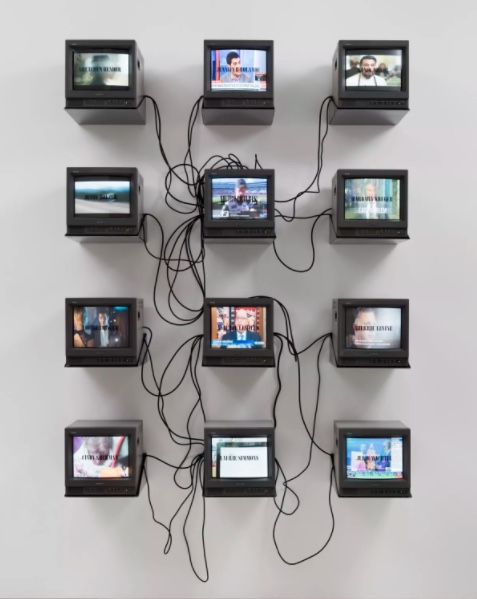Superflat Lateralism
Resisting the Planar World
The digital economy is an increasingly prevalent infrastructure for the contemporary global economy, as Nick Srnicek asserts (2017), within which the ‘platform’ has become the prototypical business model, providing a digital space for interaction while accessing and extracting vast amounts of users’ data. But now, after the watershed Covid-year of 2020, is the platform not becoming the universal infrastructure for the dissemination of contemporary cultural life as well? If the platform economy is the hegemonic model, what are the consequences for the future of the public sphere?
Habermas’s (1962) enshrinement of public sphere of modernity conceived it as the means by which people amass together to engage in rational-critical in the formation of a public – but the underlying assumption was of a shared tangible public space. In the world of platform capitalism intensified by the rules of social isolation and lockdown, tangible spaces vanish, and our domestic spaces are redeployed as workplaces and sites of global public interface. What are the implications for the production and distribution of contemporary art? To what extent have we become inescapable adherents of accelerated digital life? If the flattened space of the platform economy is a totalising regime, can we think laterally about its possibilities? How might we both address and resist a planar world?
CoVA CONVENOR
Dr Sophie Knezic
PARTICIPANTS
Ben Davis - Art critic living and working in New York City. He is the author of 9.5 Theses on Art and Class (Haymarket, 2013) and currently National Art Critic for Artnet News. He was an editor of The Elements of Architecture (Taschen, 2018). Recent essays have appeared in the books Public Servants: Art and the Crisis of the Common Good (MIT Press, 2016) and The Future of Public Space (Metropolis, 2018). His writings have been featured in Adbusters, The Brooklyn Rail, e-Flux Journal, Frieze, New York, The New York Times, Slate, The Village Voice, and many other venues. In 2019, Harvard’s Nieman Journalism Lab reported that he was one of the five most influential art critics in the United States, and the only one to write for an online publication.

Image: Gretchen Bender, TV, Text & Image (Metro Picture Version), 1986 Gretchen Bender, TV, Text & Image (Metro Picture Version), 1986